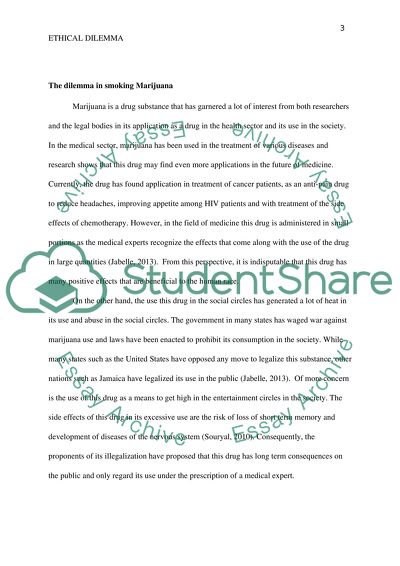Cite this document
(“Ethical Dilemma Essay Example | Topics and Well Written Essays - 3250 words”, n.d.)
Ethical Dilemma Essay Example | Topics and Well Written Essays - 3250 words. Retrieved from https://studentshare.org/law/1488830-ethical-dilemma
Ethical Dilemma Essay Example | Topics and Well Written Essays - 3250 words. Retrieved from https://studentshare.org/law/1488830-ethical-dilemma
(Ethical Dilemma Essay Example | Topics and Well Written Essays - 3250 Words)
Ethical Dilemma Essay Example | Topics and Well Written Essays - 3250 Words. https://studentshare.org/law/1488830-ethical-dilemma.
Ethical Dilemma Essay Example | Topics and Well Written Essays - 3250 Words. https://studentshare.org/law/1488830-ethical-dilemma.
“Ethical Dilemma Essay Example | Topics and Well Written Essays - 3250 Words”, n.d. https://studentshare.org/law/1488830-ethical-dilemma.


